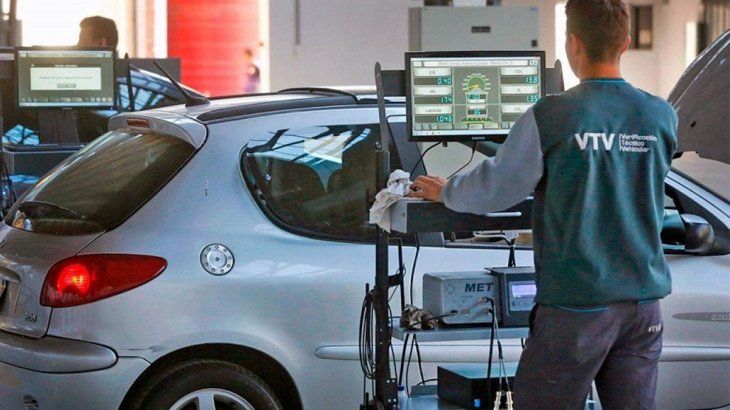The VTV is a fundamental requirement to be able to drive your vehicle in Argentina. Certain groups will be able to carry out this procedure without paying anything
The Vehicle Technical Verification (VTV) is a mandatory procedure to guarantee that vehicles circulating on public roads comply with the minimum safety and polluting emissions conditions. This periodic control aims to reduce the risk of accidents due to mechanical failures and minimize environmental impact caused by vehicles in poor condition. However, many owners do not know how to carry out the procedure and what benefits exist for certain sectors of the population that can access VTV at no cost.
The content you want to access is exclusive to subscribers.
At the end of the procedure, a certificate is issued indicating whether the vehicle is roadworthy. If you do not pass, a period of time is given to make the necessary repairs and resubmit for the inspection.


VTV is carried out in authorized verification plants. These plants are distributed throughout the country, and their operation is supervised by provincial or municipal authorities. To carry out the procedure, it is necessary to request an appointment online or by phone, depending on the system implemented in each jurisdiction.
Vtv.jpg

elDiarioAR
Free VTV: who will be able to do the process at no cost in February 2025
- Retirees and pensioners: Some districts offer free pensions for retired people who receive the minimum or an equivalent income.
- People with disabilities: Owners of vehicles adapted or registered under disability programs can access the benefit by presenting the unique disability certificate (CUD).
- Official or emergency vehicles: In some cases, vehicles belonging to government agencies or used as ambulances, firefighters or patrol cars are exempt from payment.
- Special programs: Some provinces implement exemptions for vulnerable sectors or promotions at certain times of the year.
VTV: patent expiration dates in 2025
- Patents ending in 0: expire October 31.
- Patents ending in 1: expire November 30.
- Patents ending in 2: expire February 28.
- Patents ending in 3: expire March 31.
- Patents ending in 4: expire April 30.
- Patents ending in 5: expire May 31.
- Patents ending in 6: expire June 30.
- Patents ending in 7: expire July 31.
- Patents ending in 8: expire August 31.
- Patents ending in 9: expire September 30.
Source: Ambito
I am a 24-year-old writer and journalist who has been working in the news industry for the past two years. I write primarily about market news, so if you’re looking for insights into what’s going on in the stock market or economic indicators, you’ve come to the right place. I also dabble in writing articles on lifestyle trends and pop culture news.




